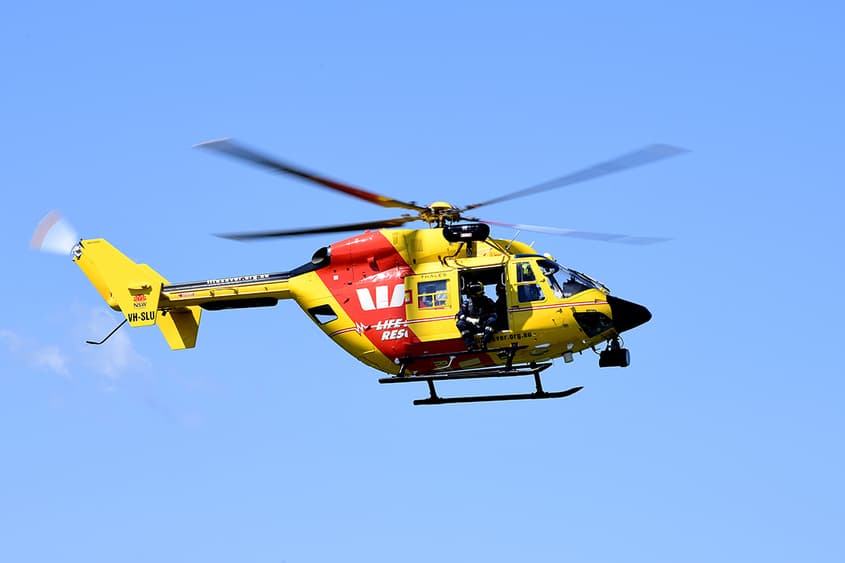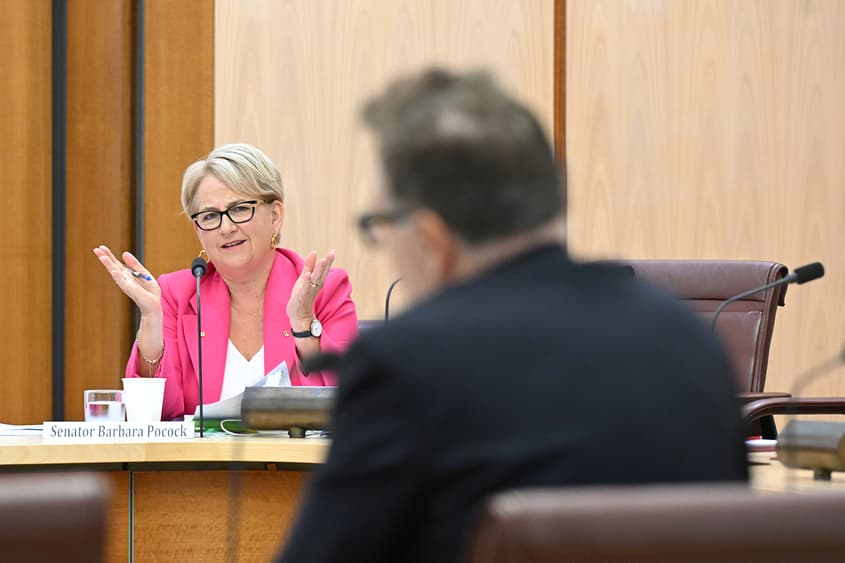A new report into 20 of the country’s biggest corporations has found examples of them overstating how generous their reported contributions to the community were.
Wed 26 Nov 2025 00.00

Photo: AAP Image/Joel Carrett
A new report into 20 of the country’s biggest corporations has found examples of them overstating how generous their reported contributions to the community were.
The research, by the Australia Institute, looked into companies such as Woolworths, Westpac and the Commonwealth Bank.
The report explained that a corporation’s social licence to operate depends partly on its contribution to the community, however it points out that information on philanthropic donations by big business is limited and confusing.
It found that banks claim the fees they waive to some customers as part of their corporate giving. Commonwealth Bank listed $274 million in forgone revenue, such as fees waived for benefit recipients and not for profit organisations, as “community investment”.
It also found that Westpac providing a tiny fraction of the funding for the beach rescue helicopter, which carries its name and logo, but counts sponsorships against its overall “community investment” figures.
“Companies like to talk up their charitable giving,” said Bill Browne, director of the Australia Institute’s Democracy & Accountability program.
“However, some provide such limited and self-interested documentation that it’s impossible for the public to judge which companies are truly generous and which are just good at PR.”
The analysis found that of the $1.8 billion combined expenditure, $1.1 billion was identified as either dubious or questionable claims, or had ‘too little information’ to categorise.
The claims regarded as ‘dubious’ include counting sponsorship deals, employee support and donations from customers as part of the company’s contributions to the community.
It found Wesfarmers appears to claim money paid by customers at charity sausage sizzles outside their Bunnings stores as part of its own charitable contribution.
However, that money and fundraising does not belong to Bunnings.
It also found that of the $143 million Woolworths calls “direct community contributions”, only $15 million is identified as financial support from the company.
$81 million is donated surplus food. However, the report said it is unlikely it could sell that food and the company may actually save on disposal costs by giving it away.
“If a mate claimed they were very generous because they convinced someone else to give to charity, you’d think they were joking,” said Mr Browne.
“But that’s the kind of thing companies say in their corporate reporting.
“Companies win a social licence to operate based, in part, on how they give back to the community. If the public can’t assess how much they give back, then those social licences are on shaky ground.”
The report recommends the ASX require the largest publicly listed companies in Australia to follow a standard method of disclosing philanthropic expenditure to shareholders and the public.
“The Albanese Government has a target of doubling philanthropy by 2030,” said Mr Browne.
“For this to be realised Australia needs businesses to get on board and be transparent in their philanthropic activities and reporting.”
